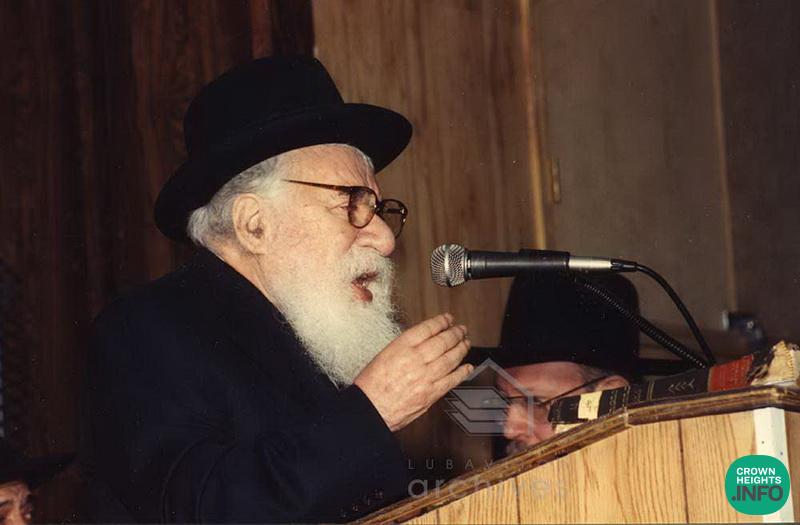
Torah in the Cold
by Dovid Zaklikowski for Hasidic Archives
There were several times throughout the year when many in the Chabad community made their way to the resting place of the Rebbe Rayatz, most notably on the anniversary of his passing. On such days, many would fast and therefore visited in the morning. But for those with work obligations, like on that Wednesday in 1972, the visit had to be scheduled even earlier.
At the time, Rabbi Binyomin Cohen had been studying for several years at the local Kollel and couldn’t make it in the morning. By the time he remembered he still needed to go, few people were available to give him a ride. Eventually, he found someone running an errand nearby who agreed to drop him off and pick him up afterward.
He exited the car and made his way to the side gate near the Ohel. But by then, the sun was beginning to set, and the gate was chained shut. Thinking it must have been closed by mistake, he began banging and shaking it, hoping someone might come to open it. Driven by desperation in the freezing cold, he persisted, though the cemetery seemed completely deserted.
As he stood there, wondering how long he’d have to wait for his ride, he suddenly noticed that Rabbi Pinchus Hirshprung, the famed chief rabbi of Montreal, was standing beside him. Emboldened, Rabbi Cohen redoubled his efforts on the gate, shaking it wildly in the hopes the lock might somehow give way.
Before long, a cemetery worker appeared and asked what they were doing. Rabbi Cohen explained that they wanted to visit the resting place of their rabbi and would only be there for a few minutes. The man told him firmly that the cemetery had closed at 5 p.m., and it was now several minutes past. Rabbi Cohen pleaded, but the caretaker was unmoved. “If you keep banging or try to trespass,” he warned, “I’ll call the police.”
Rabbi Cohen assumed that Rabbi Hirshprung would return to his car and head back to Crown Heights to attend the Rebbe’s farbrengen. He, on the other hand, would be stuck waiting in the cold, having missed his chance to place a note at the gravesite on this important day.
But Rabbi Hirshprung didn’t leave.
Instead, he turned to Rabbi Cohen and asked what he was learning. Known to be fluent in the entire Talmud, the question was daunting, especially in the bitter cold. Rabbi Cohen hesitated, nervous about facing a rigorous rabbinic inquiry under such conditions. But he answered: Bava Kama 11a.
Rabbi Hirshprung’s eyes lit up. He immediately began quoting the text by heart and launched into a detailed explanation, drawing on various commentaries. He asked nothing of Rabbi Cohen. Slowly, Rabbi Cohen found himself transported from the icy cemetery to the warmth of a Torah discussion. Despite the snow underfoot and the wind cutting across his face, joy radiated from Rabbi Hirshprung’s as he shared words of Torah.
The half hour passed in what felt like moments. When Rabbi Cohen’s ride finally returned, the two parted ways.
What had begun as a frustrating and bitter ordeal became a lifelong lesson in kindness and the transformative power of Torah.
Find Hasidic Archives latest books on https://www.hasidicarchives.com












